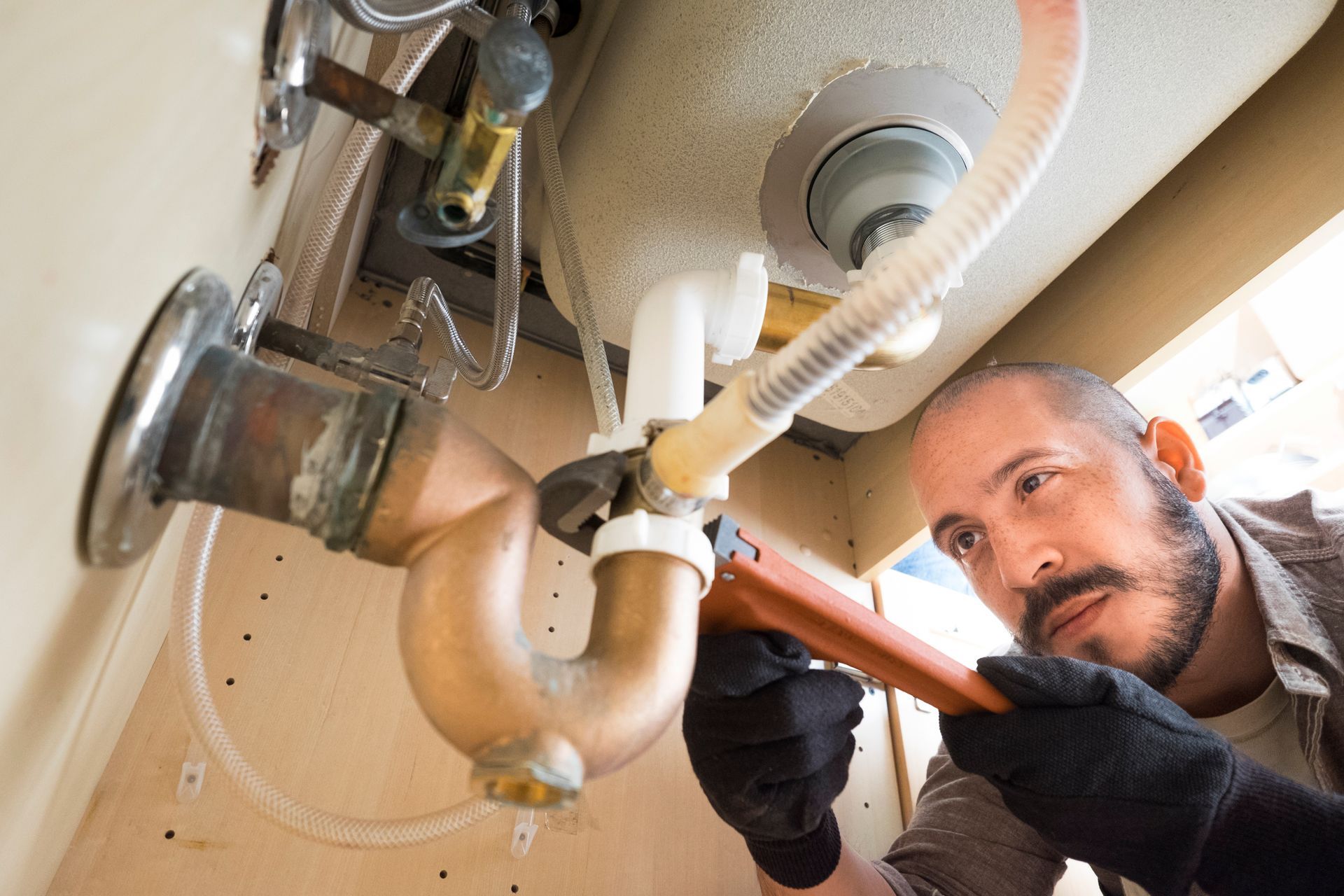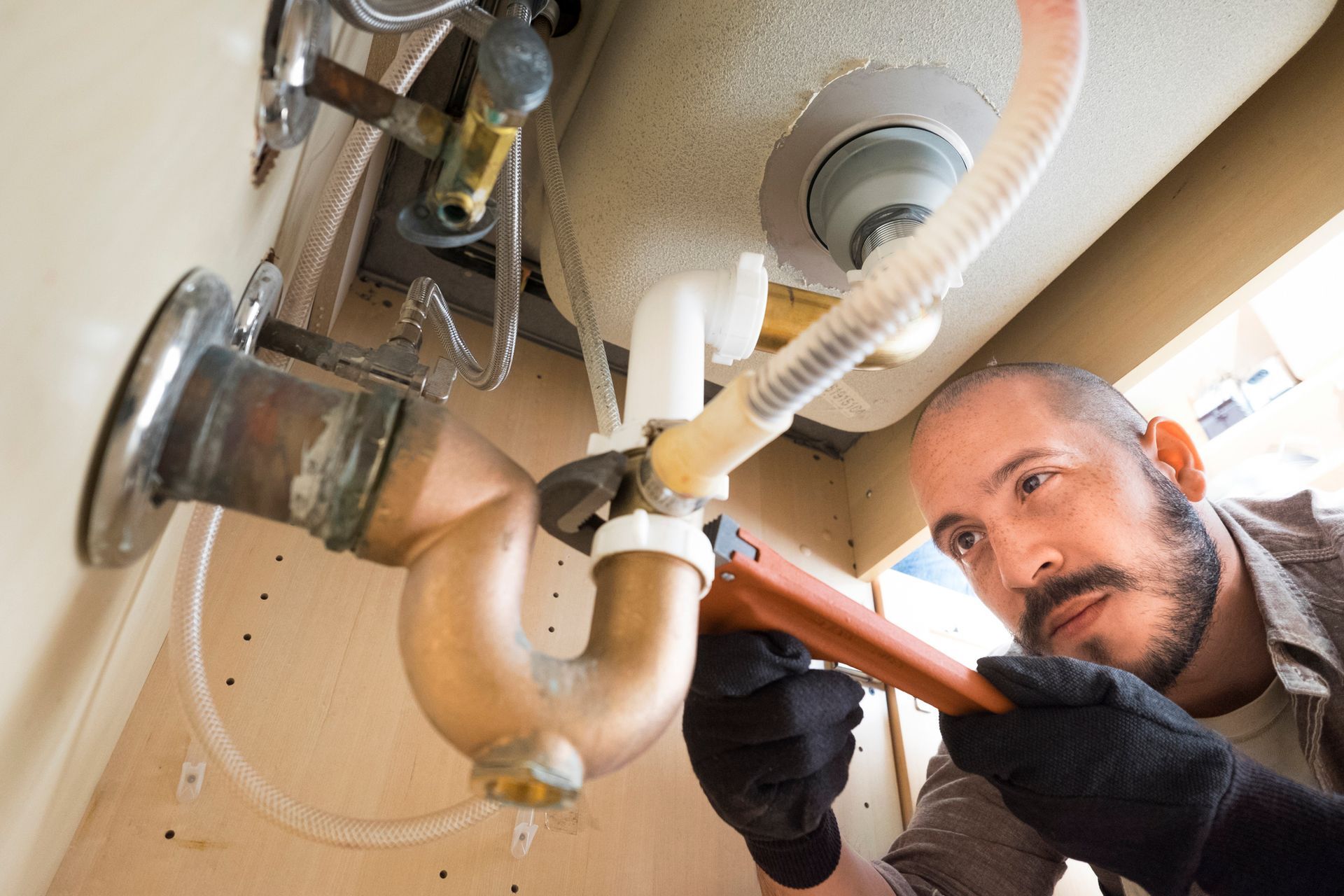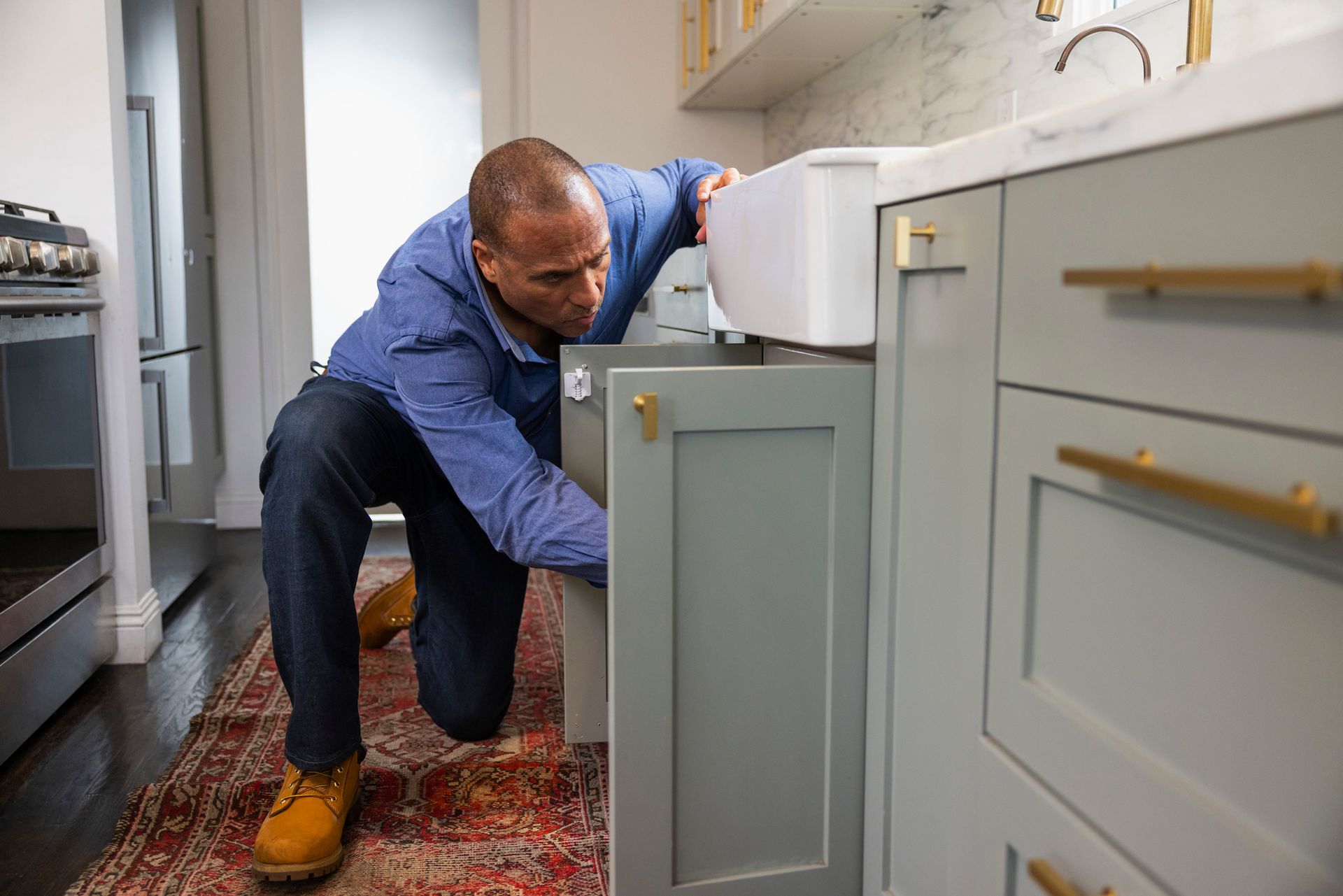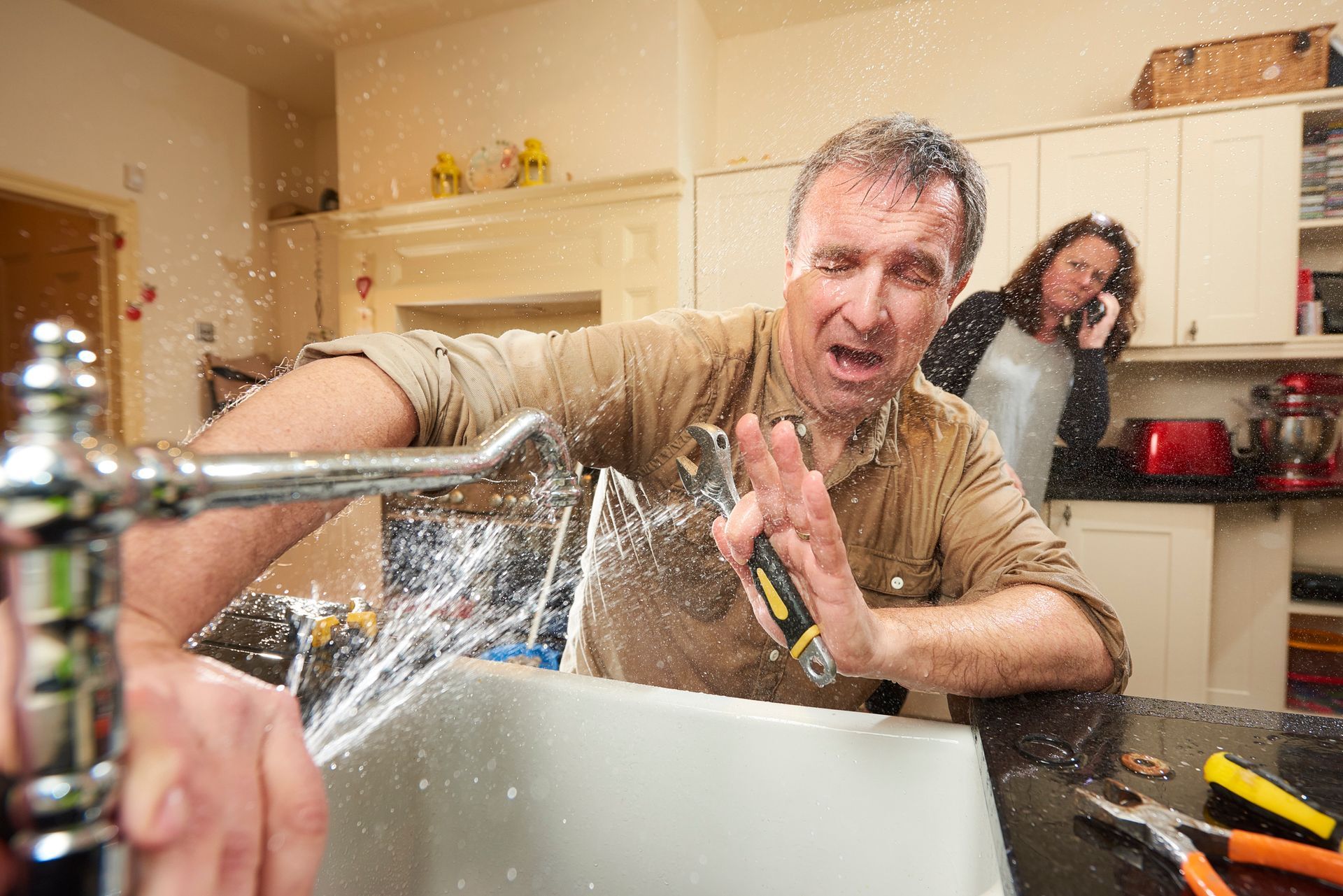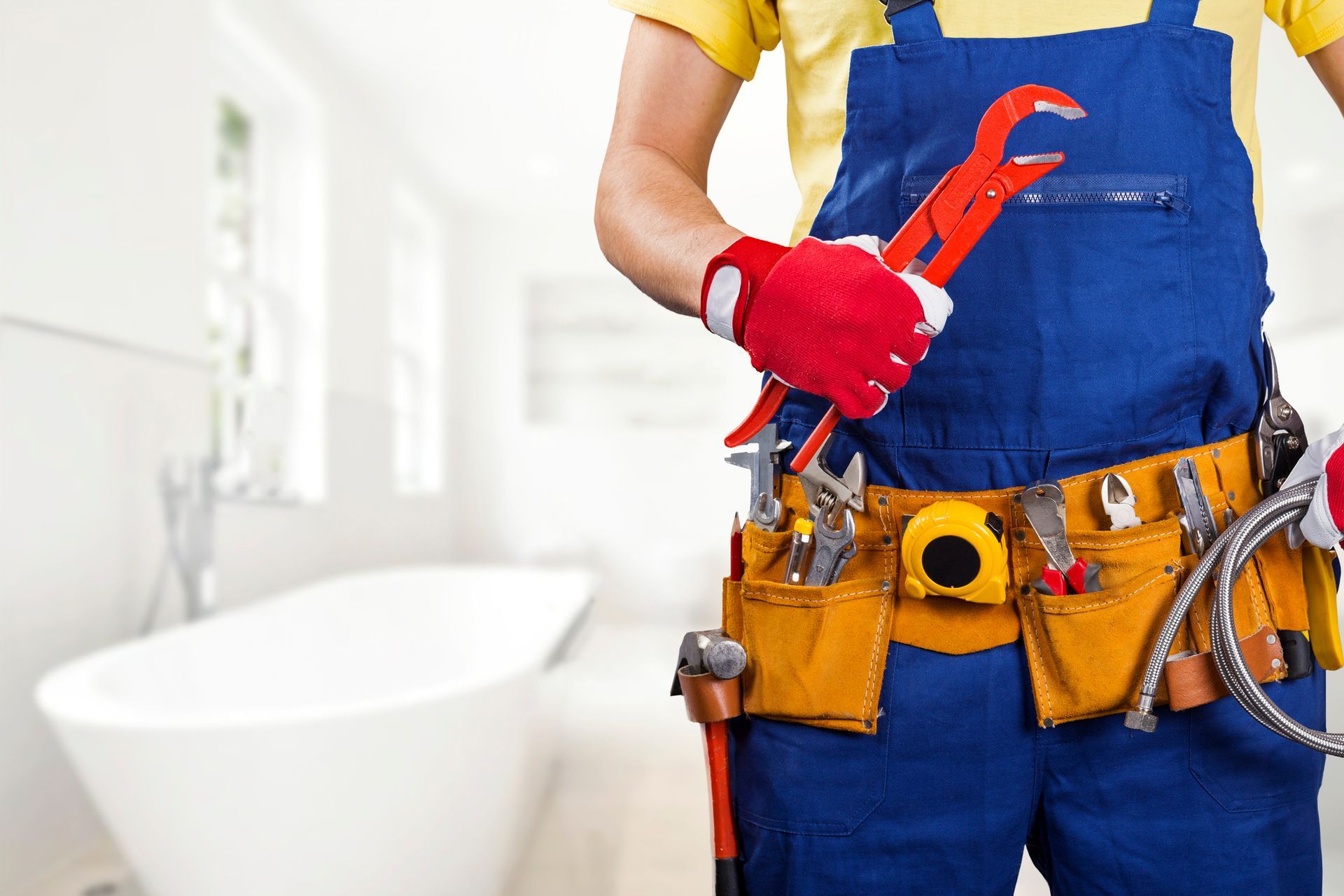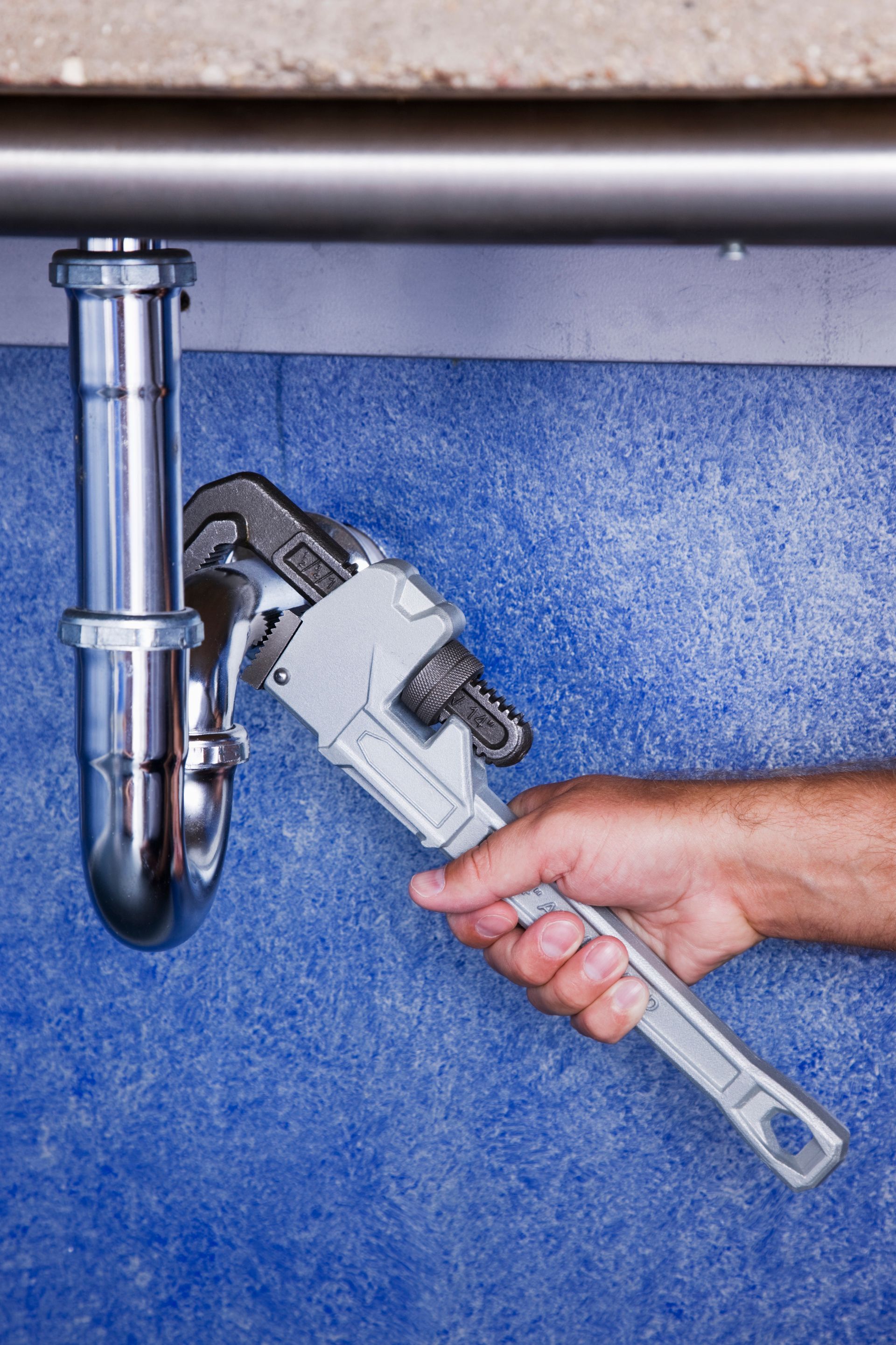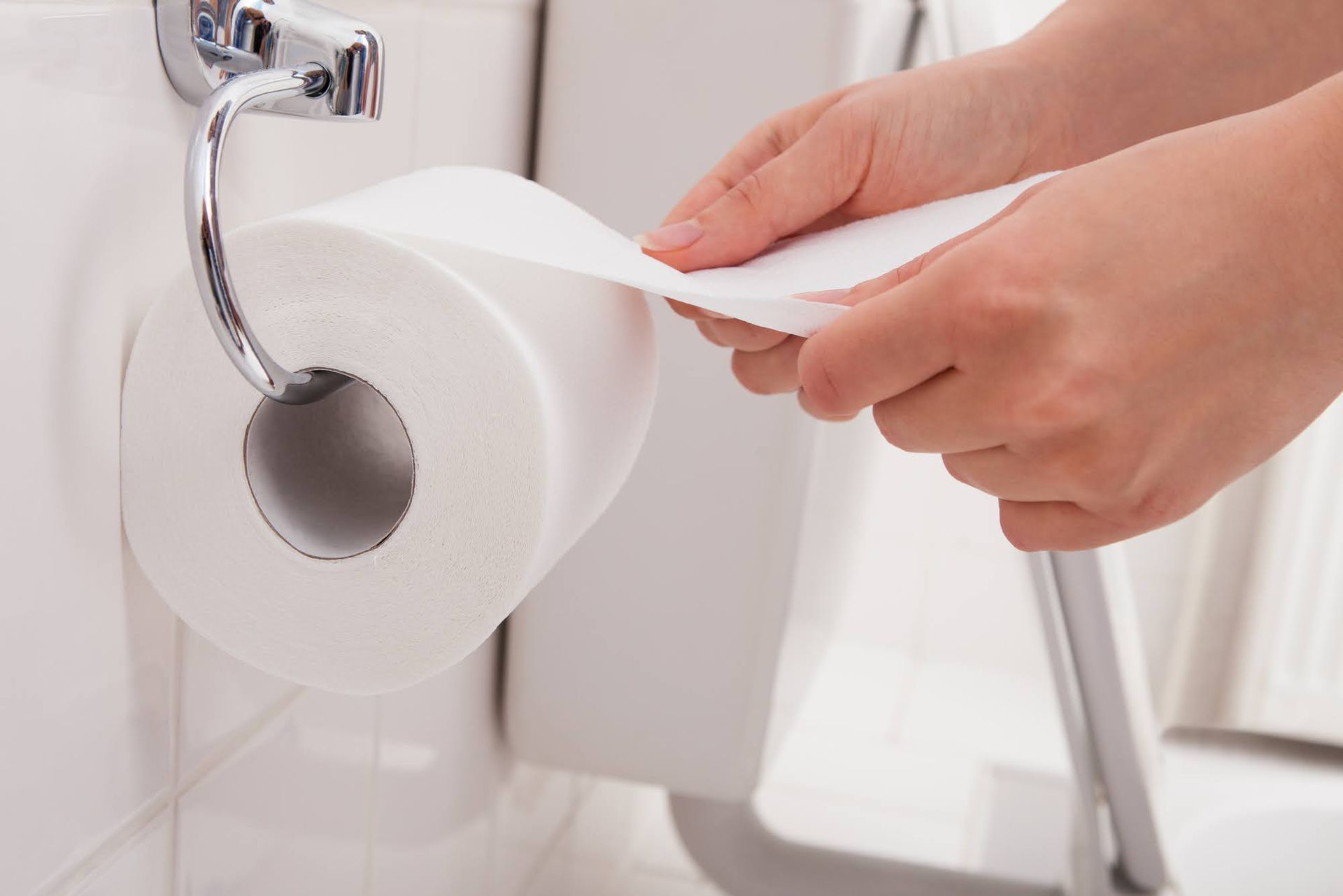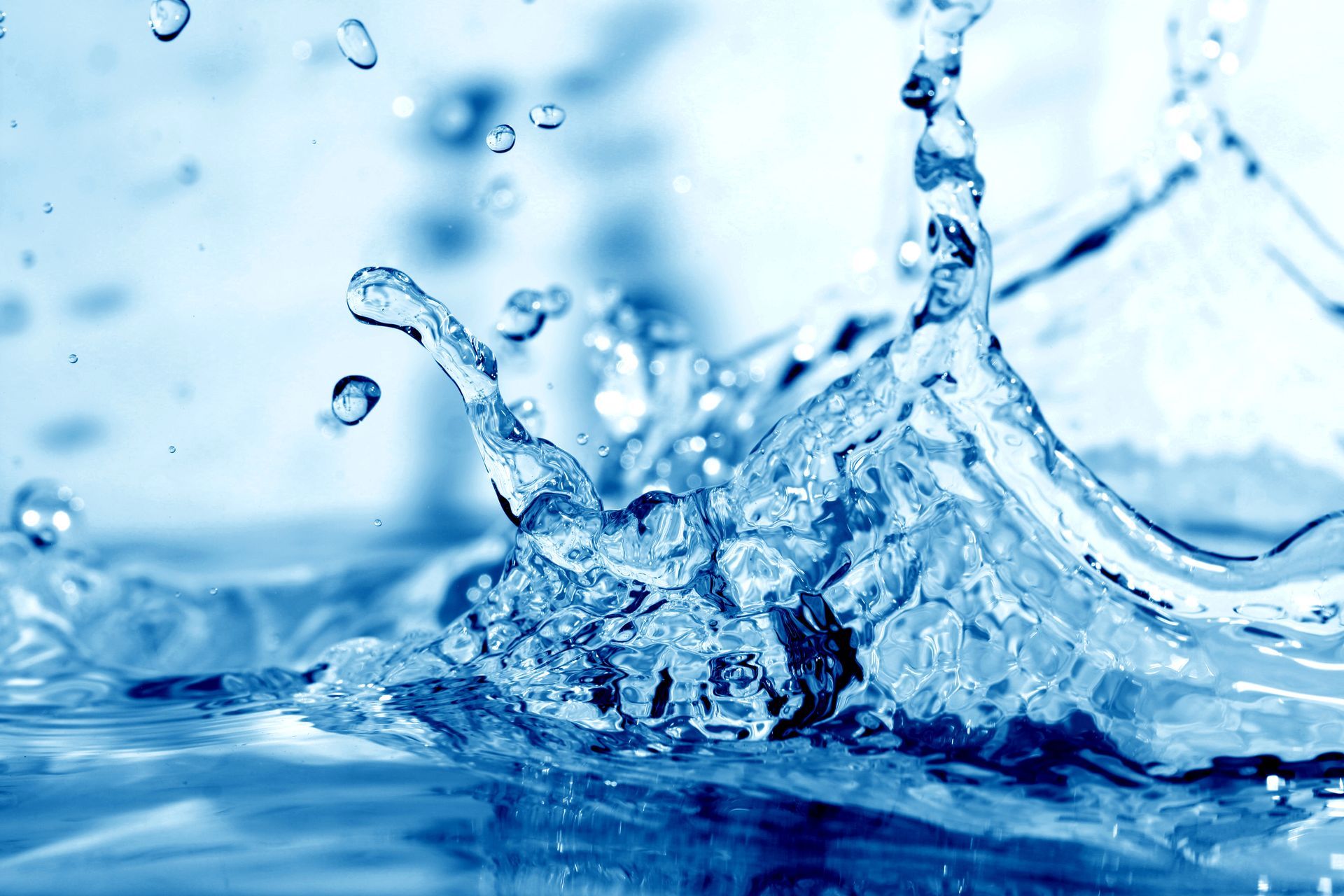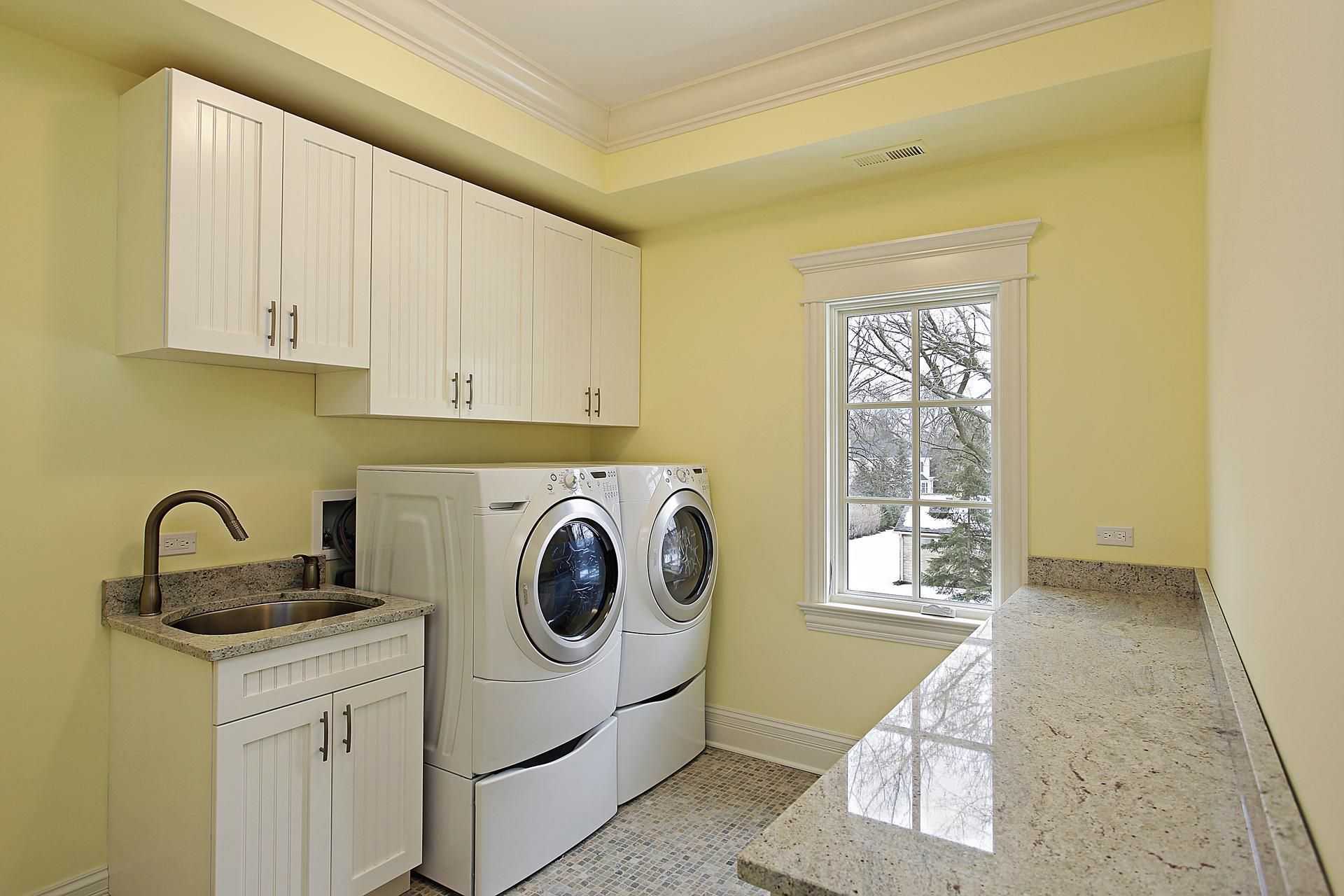Blog
Why Your Hot Water Supply May Run Out
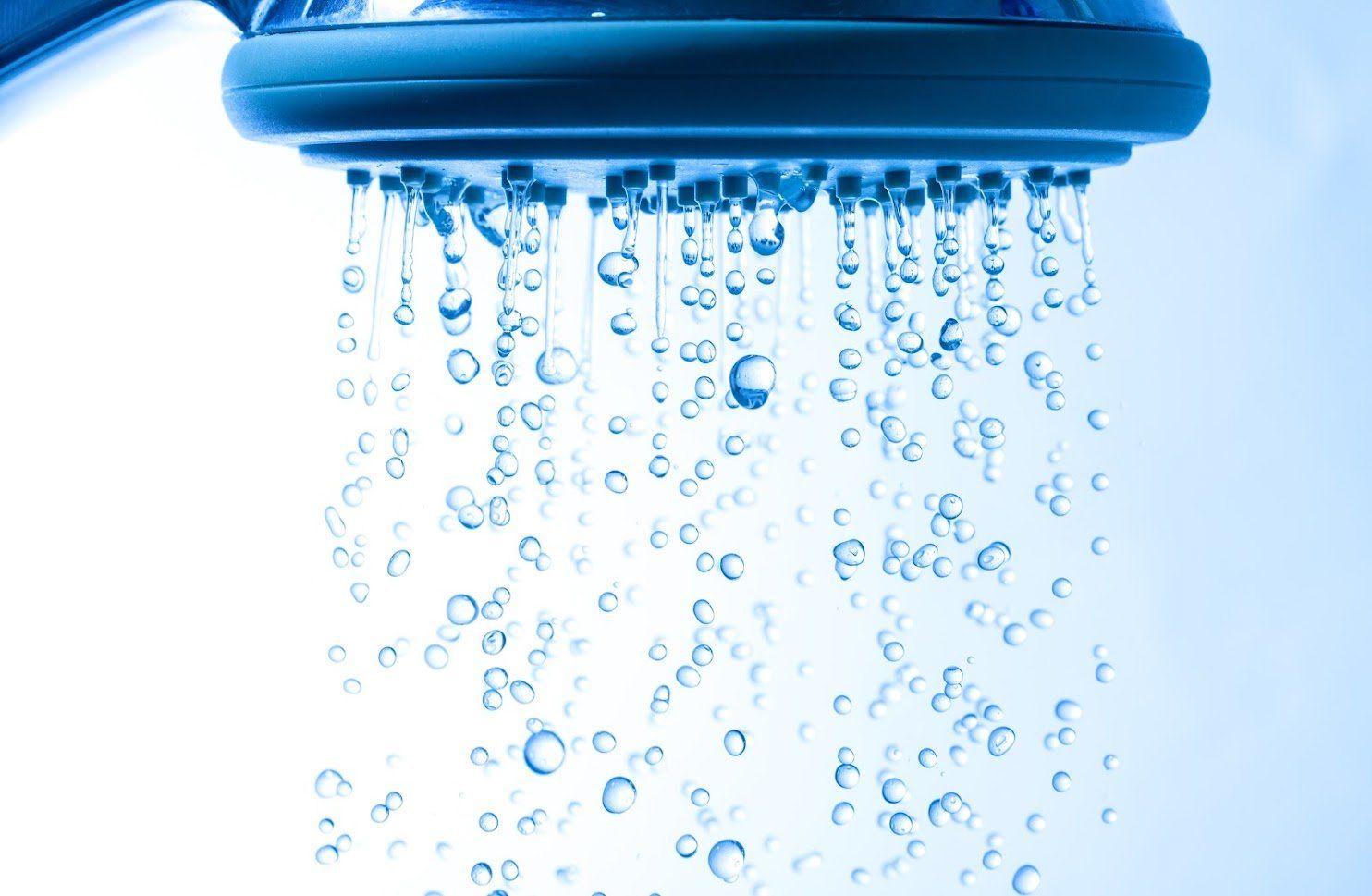
As you prepare for the cold season, things can get quite confusing if you suddenly run out of hot water. Other times, your water heater may take a longer time to heat water. It might also give you hot water for only a short period before the supply runs out.
If your water heater runs into any of these problems, the following reasons may explain why.
1. Faulty Dip Tube
The dip tube transfers cold water to the tank's bottom near the heating element. This tube runs down from the cold water supply inlet valve. Without it, colder water into the tank might mix with the heated water at the top.
Once cold water heats up, it naturally finds its way to the top. That's why most heating systems have their outlets at the top of the tank. The dip tube's placement ensures that cold water heats much quicker - a welcome advantage if you want to get an instant supply of hot water.
However, dip tubes can fail with time, especially as your water heater grows older. They may crack and fail to push cold water to the bottom. The cold water supplied to the tank could instead mix with the hot water at the top.
As a result, the water that flows out through the outlet may be much colder than you might expect. You may also notice that your hot water supply runs out a lot quicker. In addition, your faucets and other plumbing fixtures may start to produce tiny white particles if the dip tube is severely worn out.
You may have to replace the dip tube if your plumber notices too much deterioration. You can also schedule regular inspections in the future to keep tabs on your dip tube's condition and avoid inconveniences.
2. Thermostat Issues
Your water heater uses instructions from your thermostat to heat water to the temperature level you want. But sometimes, your thermostat may develop a problem that gets in the way of your hot water supply.
Luckily, if you run out of hot water quickly, a reset might be enough to solve the problem. If that doesn't work, increase the temperature setting on your thermostat.
But if you still experience the same issues, contact a licensed plumber. They could advise you to get a new thermostat that might restore your normal hot water supply.
3. Severe Sediment Accumulation
If your home's water supply contains high mineral content, your tank may slowly accumulate sediment over time. Without proper maintenance, this sediment layer can grow larger and make your water heater inefficient. First, the sediment layer decreases your tank's holding capacity. Second, this layer provides unwanted insulation between the heater elements and the water inside the tank.
Since the sediment will settle at the bottom of the tank, your system's heating elements may first have to heat this layer before water can heat up. In addition, sediment may cover the burner elements, which further reduces the effectiveness of your heating system.
Besides a low supply of hot water, you may also notice other symptoms such as:
- Higher home utility bills
- Unusual noises from your water heater
- Inconsistent water temperatures
If you don't solve this problem early, the sediment may eventually block both the drain valve and the hot water supply line.
Your plumber may suggest periodic tank flushing to remove any built-up sediment in your tank. Also, they could recommend water softeners to protect your system against the effects of hard water.
Water heaters are sensitive appliances that might easily develop problems without your knowledge. Always keep to a strict maintenance schedule to ensure the best performance from your water heater.
Reach out to Complete Plumbing for more information on how to get started on water heater maintenance.
Installation
Services
and Military Discount



